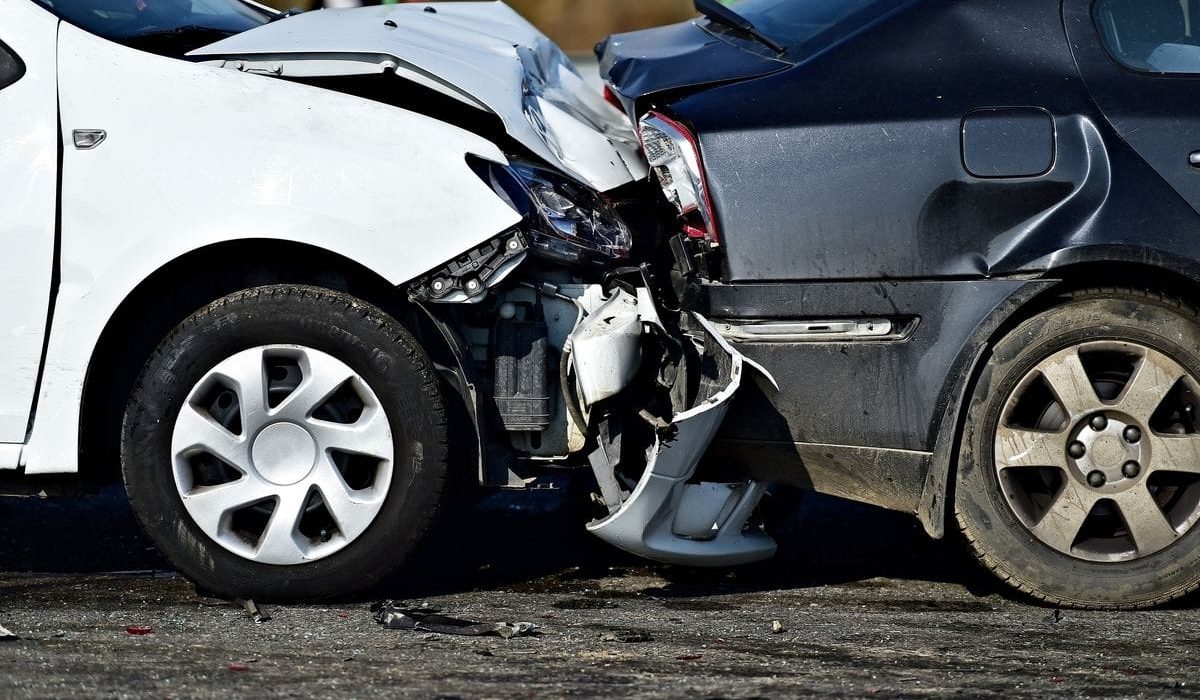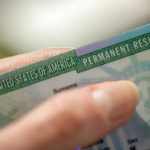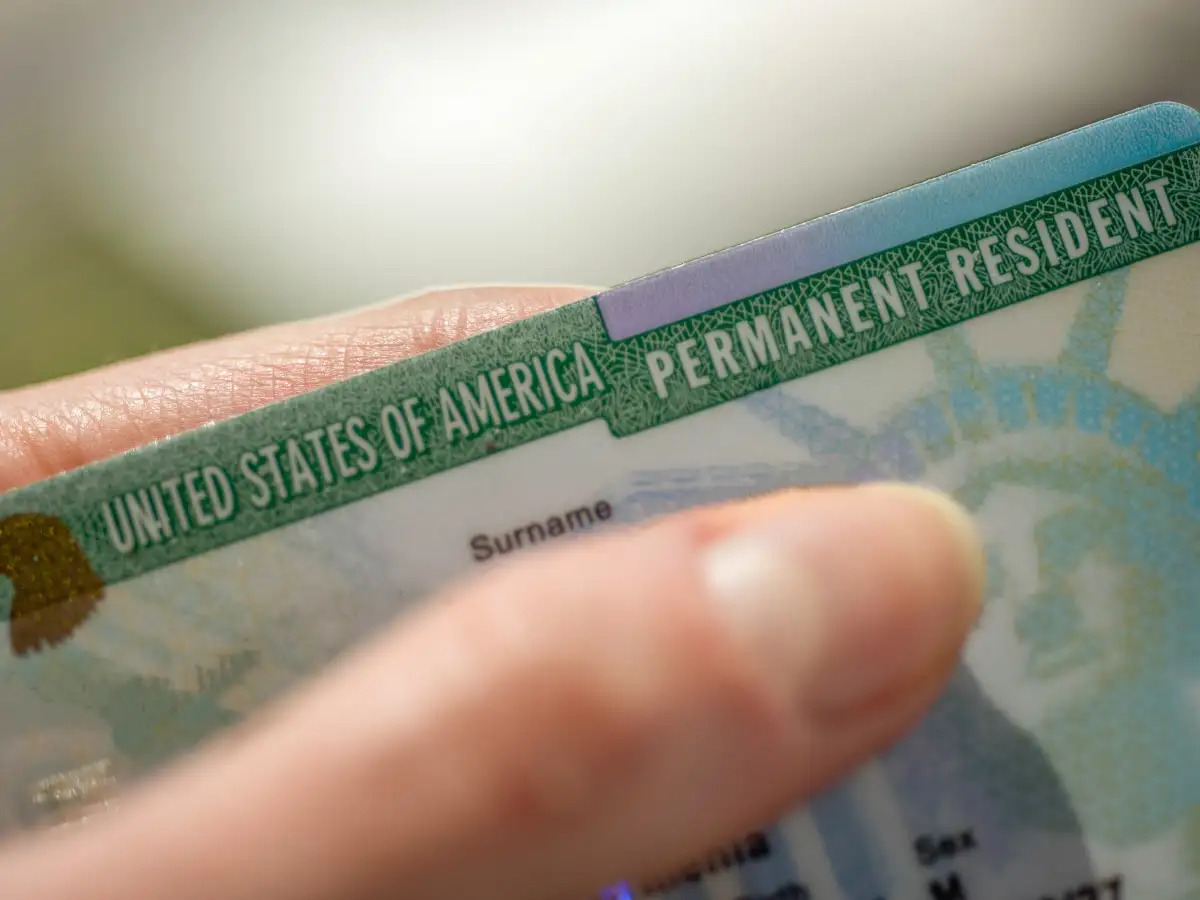A car accident can be a frightening and confusing experience — even minor collisions can leave drivers unsure of what to do next. Knowing what to do after a car accident can help you stay safe, protect your rights, and ensure the situation is handled responsibly.
Whether the incident involves a small fender bender or a more serious crash, staying calm and following the correct steps will make the process smoother for everyone involved.
This guide provides a clear, general overview of what to do immediately after an accident, how to document the event, and what actions to take in the days that follow.
Stay Calm and Assess the Situation
The moments after a car accident can be stressful, but it’s important to remain composed.
Take a deep breath and quickly evaluate your surroundings.
Key steps:
- Stay at the scene — leaving can have legal consequences.
- Turn on your hazard lights to alert other drivers.
- If it’s safe, move your vehicle to the side of the road to prevent additional accidents.
- Check yourself and your passengers for injuries.
- Avoid arguing or assigning blame — focus on safety first.
If the accident involves multiple vehicles, make sure everyone is out of harm’s way before continuing with other steps.
Check for Injuries and Call for Help
Safety always comes before property concerns.
If anyone is injured:
- Call 911 immediately. Emergency responders can assess injuries and provide medical care.
- Avoid moving anyone who appears seriously hurt unless there’s an immediate danger (e.g., fire).
- Provide basic first aid only if you are trained to do so.
Even if no one appears injured, it’s still wise to call local law enforcement. A police report provides an official record, which may be helpful for insurance purposes later.
Notify the Police and File an Accident Report
In most U.S. states, you are required by law to report accidents involving injuries, fatalities, or significant property damage.
When police arrive:
- Remain polite and factual.
- Explain what happened as clearly as you can, without speculation.
- Request the responding officer’s name, badge number, and report number.
- Ask how you can obtain a copy of the official report once it’s available.
If the police cannot come to the scene (for example, in a minor accident), you may be able to file a report at a local station or online within 24 hours, depending on state regulations.
Exchange Information with the Other Driver
Accurate information exchange is critical after any car accident.
Avoid discussing who is at fault — simply collect and share details.
Information to exchange:
- Full name and contact information.
- Driver’s license number.
- Vehicle registration and license plate number.
- Insurance company and policy number.
- Make, model, and color of the vehicle.
If there are witnesses, ask for their names and contact details as well — their statements may be useful later.
Document the Scene Thoroughly
Detailed documentation can help protect you during the insurance process.
Use your phone to capture:
- Photos of vehicle damage from multiple angles.
- Pictures of the overall scene, including road conditions and signs.
- Skid marks, debris, or other visible evidence.
- Injuries (if any) and the positions of vehicles.
Also, write down the time, location, weather, and traffic conditions. If you can, note any nearby security cameras that may have recorded the incident.
Notify Your Insurance Company
After ensuring everyone’s safety and collecting information, notify your insurance provider as soon as possible.
Most insurance companies have a 24-hour claims hotline or online reporting system.
Provide accurate details about:
- The date and location of the accident.
- Vehicles and drivers involved.
- Police report number (if applicable).
Avoid admitting fault or guessing about what caused the accident — insurers will investigate based on available evidence.
Seek Medical Attention (Even if You Feel Fine)
Not all injuries are immediately visible. Whiplash, concussions, or internal injuries can appear hours or even days later.
It’s wise to visit a healthcare professional after an accident for a checkup. Keep copies of all medical records and receipts — they may be relevant for your insurance claim or health documentation.
Keep All Records Organized
Maintaining thorough records will make the claims process smoother.
Store the following documents together:
- Police or accident reports.
- Photos from the scene.
- Insurance claim reference numbers.
- Medical reports and invoices.
- Vehicle repair estimates or receipts.
A well-organized file ensures you have evidence ready if questions arise later.
Understand Your Insurance Coverage
Every policy is different, so it’s important to understand what your insurance includes.
Common types of coverage:
- Liability coverage: Pays for damage or injury you cause to others.
- Collision coverage: Helps repair your vehicle after a crash.
- Comprehensive coverage: Covers non-collision events like theft or weather damage.
- Uninsured/Underinsured motorist coverage: Protects you if the other driver lacks sufficient insurance.
Review your policy regularly so you know your rights and responsibilities.
Consider Legal or Administrative Steps (General Information)
In some cases, especially when serious injuries or disputes occur, legal or administrative follow-up may be necessary.
General recommendations:
- Review state laws on reporting and documentation deadlines.
- Keep communication respectful and factual when dealing with other parties.
- If needed, seek neutral guidance from a qualified source or government agency for information about your rights.
Note: This article provides general educational information. For personalized legal or insurance guidance, consult with licensed professionals or refer to official government resources such as USA.gov or your state’s Department of Motor Vehicles (DMV).
What to Avoid After a Car Accident
While it’s natural to feel anxious, certain actions can make the situation more difficult later.
Avoid:
- Leaving the scene prematurely.
- Failing to report an accident when required by law.
- Apologizing or admitting fault immediately.
- Signing any document you don’t understand.
- Posting accident details or photos on social media.
Remaining professional and cautious helps prevent misunderstandings.
Bottom Line
Knowing what to do after a car accident can make a stressful experience more manageable.
By focusing on safety, staying calm, collecting accurate information, and following the proper reporting procedures, you can handle the situation responsibly and minimize complications.
While every accident is different, preparation and awareness are key to ensuring safety, protecting your rights, and moving forward with confidence.






